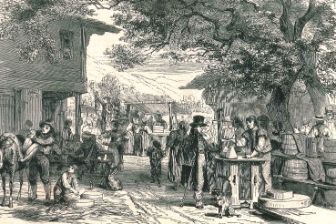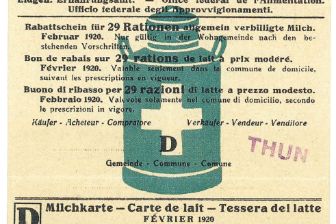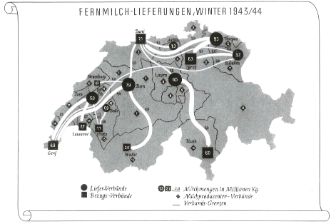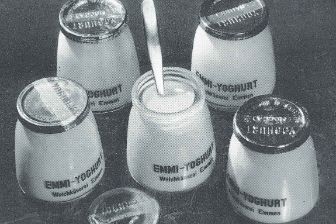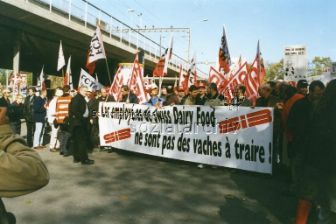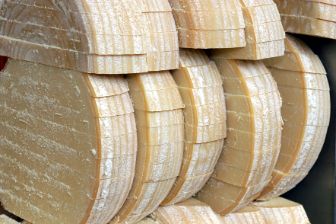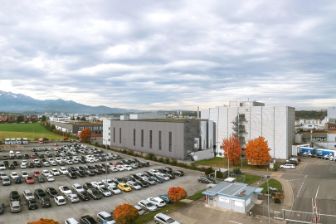.jpg)
The story behind Emmi
Our roots in milk processing date back to 1907. This unique heritage and “savoir-faire” continue to shape the way we develop our business and create the best dairy moments for our consumers – day after day.
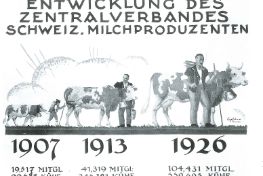
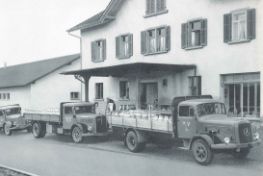
First use of “Emmi” as a brand (in reference to the municipality of Emmen) for soft cheese and yogurt.



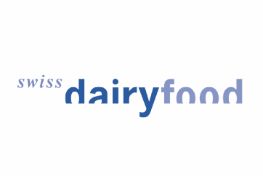
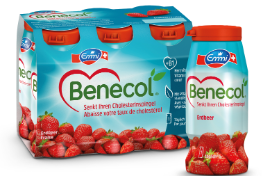



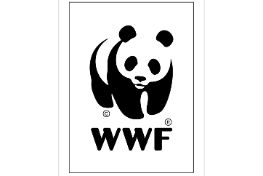
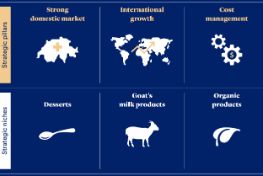
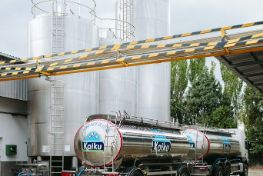
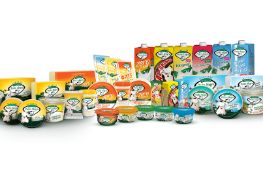



Emmi Roth is opening a state-of-the-art facility in Wisconsin where cheese is processed and packaged in a resource-efficient manner. With this move, the Emmi Group strengthens its business in its most important foreign and key market, the United States, and further expands its leading position in the U.S. specialty cheese market.

The Emmi Group looks back on two decades of success in Switzerland and beyond with Emmi Caffè Latte. Twenty years ago, Emmi, as a pioneer inspired by Japan, revolutionized the Swiss coffee market and today delights millions of people worldwide. Together with its Emmi Caffè Latte fans, the iconic brand celebrates its birthday with a party at the main station in Zurich.

The Emmi Group is acquiring The English Cheesecake Company Ltd., the UK favourite premium cheesecake brand in the British retail trade. The globally growing cheesecake trend product will strengthen Emmi’s innovative desserts portfolio and thereby its position as category captain.


